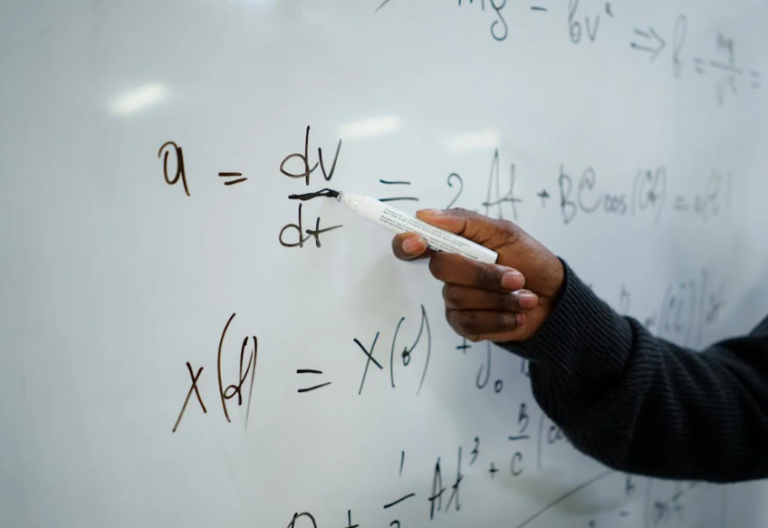Aim of education is to develop children’s innate powers
By Kennedy Buhere, January 14, 2025Prof Harry Kaane, a former minister in the defunct ministry higher education, argued that the actual customers of the education services of a country are employers and not students.
Contrary to popular view, Kaane, a professor of mechanical engineering, opines that the people educational institutions should worry most about are employers — be they the government and its institutions or the private sector.
Kaane made the remarks some 10 years ago while representing the then minister for Education, Prof Jacob Kaimenyi, at the launch of the ISO system for the ministry at the Kenya Institute of Curriculum Development in Nairobi.
Kaane was then the secretary for education in the State Department for University Education and Research.
This view of education struck my mind as extremely strange. It has popped up in mind again and again. I am writing this, initoke.
The day-to-day concern in any society on questions concerning education has always been children. Children and young people are the centre of every kindergarten, school, college or university.
The anxiety of modern societies is developing the inborn potential of all the children – be they rich or poor, boys or girls, abled or disabled – to the fullest extent possible.
The potential of children in all its imaginable dimensions is but a seed, at birth. It is in the interest of the society to cultivate their humanity — in terms of intellect and character. Without properly developed intellects and character, the children cannot take off in whatever direction their abilities and interest should take them.
Shakespeare celebrates man in Hamlet, with a series of rhetorical questions. “What a piece of work is a man! How noble is reason! how infinite in faculty! in form, in moving, how express and admirable! in action how like an angel! in apprehension how like a god! the beauty of the world! the paragon of animals!”
Children have limitless potential. The embryonic abilities have no boundaries. The incipient abilities in some of the children are polymathic — wide knowledge or learning in possibilities. The emphasis is to cultivate children’s thinking powers and their character — ability to think and at the same time to have compassion and care for the environment and fellow men and women.
The obligation to educate children, therefore, must touch off the reasoning powers that Shakespeare says are not only infinite, but angelic.
Every child has an appointment with the future. The child will, in the fulness of time, want to play a fine role in that future and in an ever-spreading, changing and demanding arena.
The public or private institutions where children might play their part are equally subject to ever spreading, changing and demanding environment.
From my experience, discussions with professionals, reading and observations, the knowledge and skills employers require are a fraction of the depth and breadth of knowledge and skills that human mind is capable of mastering. Give the children the right learning resources and environment, there is nothing that they cannot make sense of.
The quantum of knowledge the institutions require are embedded in a rigorous and coherent curriculum educational systems prescribe for learning institutions — from the kindergarten to post-secondary education.
What the institutions ultimately want are men and women and not boys and girls. Although they look for technical skills and other competences from fresh recruits, they nevertheless want sturdy people with sturdy character and personalities.
Contrary to Kaane’s views, customers of education services are students or learners, at whatever level of education. Employers are not their immediate focus, ultimately critical though they are. Employers play their role as stakeholders in the task of building men and women for the society — but not to dictate to policymakers in their management of education.
An educational institution serves the best interests of the society — employers, the State, the church and other interests’ groups — by developing the intelligence and character of the students in the best way possible.
— The writer is a Communication Specialist; buhere2003@gmail.com
